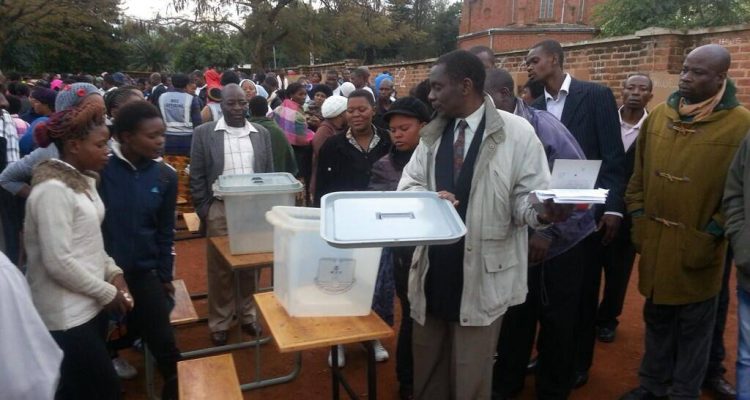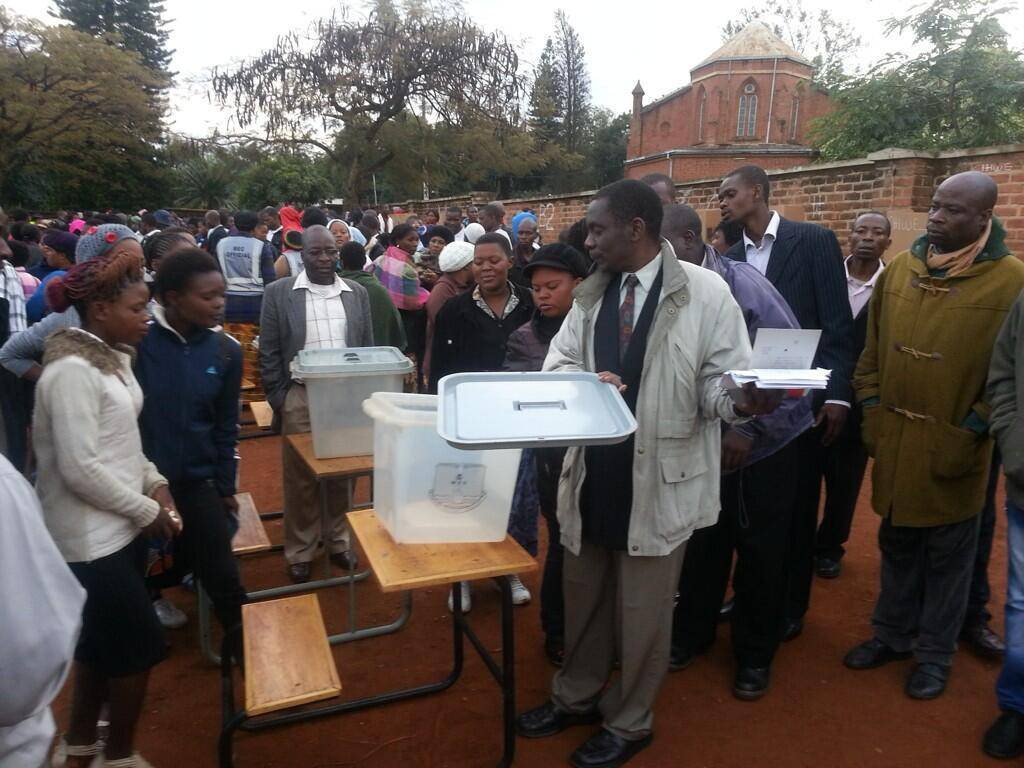
Blues’ Orators, due to the way we elect our leaders at the presidential level, no one can fault those who have problems accepting the legitimacy of current and past presidents.
Sadly, the converse is also true.
No one ought to be surprised when our presidents misbehave as if they are in office to selectively serve, oblige, appease and dispense ‘development’ and related favours only to their cronies.

Such wayward presidents could actually argue that why should those who rejected them at the polls expect anything but the same rejection? Is politics not a game of tit-for-tat, they could ask.
This, of course, is utter nonsense.
Look here: even a president elected by the tiniest proportion presides over taxes from both those who rejected them and those that voted for them. Therefore, public services which are paid by tax revenues, should always flow as apolitically as possible.
But then again, how many of our leaders – when in power – remember that tax-payers and tax revenues come from both sides of the political divide?
Anyway, let’s move on.
In May 2014 to be specific, the system we currently have (referred to as First Past the Post) gave us a president who, although rejected by 64% of the voters, assumed the presidency.
The outcome is in plain sight for all to see. Blues’ Orators, with your permission, I will belabour this point.
From day one after being hastily sworn in, President Peter Mutharika didn’t waste time to demonstrate that he doesn’t give a hoot about the 64% that rejected him. After a brief honeymoon following the swearing in, the first task he embarked on was building a “team”.
You all know where the majority of his ministers came and come from and you also know where most of his aides, director generals and what have you, came and come from.
I know I am walking a tight rope here, but the truth is the truth. As the CNN says, ‘an apple is an apple no matter how many times someone who hates the truth claims it’s a banana’.
Now, just as an apple remains an apple whether looked at from the left or the right, from above or from below; no one can question the assertion that Mutharika’s aides, cabinet members and senior government officials are disproportionately represented in favour of one belt.
The point Blues’ Orators is that partly due to the dubious misconception that blood is thicker than water and partly to the evident fact that the 36% which elected Mutharika overwhelmingly came from one corner of Malawi; his appointments to various public offices lacked and are still devoid of national balance.
To begin addressing these anomalies at the political level is why social scientists, electoral law experts, donors, civil society, and many people of goodwill have been advocating for and demanding a complete overhaul of the whole compendium of Malawi’s electoral laws.
Ironically, although the word “reform” appears nineteen times in the 2014 manifesto of the Democratic Progressive Party (DPP), there is no single time this word is used in connection with elections.
Not once.
To give credit where it is due, the DPP – at least in this regard – is not breaking any promise at all!
As per its manifesto, it never promised to amend Malawi’s faulty electoral laws. In other words, DPP never intended to amend them because it wins by exploiting the inherent electoral loopholes.
Why, when and how? Look back at the May 2014 fiasco and the midnight crocodile tears.
The DPP’s phobia for electoral reform notwithstanding, the outcry for electoral reforms which are critical if Malawi is to achieve democratic progress through credible and genuine elections cannot just be wished away.
Malawians demand a level playing field where the scale is not tipped in any one direction.
The most contentious of the reforms, if you ask me, is the 50 + 1 rule.
Second is the proposal to publish results on the spot as opposed to the past when results were first “transmitted” to the Malawi Electoral Commission, tampered with then regurgitated back at Malawians as ‘results of a free and fair election’.
Blues Orators, let me elaborate.
I will begin with the second. With tippex, cancellations, redactions, shading, smudging of numbers and what have you forming prominent features of the 2014 tally sheets; any arrangement which reduces the likelihood of these rigging enablers due to instant publication of results at polling centres, is haram.
This is the first reason for the lukewarm approach to the much wanted electoral reform.
Secondly, if the 50 + 1 rule is adopted, neither the DPP nor the main opposition Malawi Congress Party (MCP) will secure an outright 51% in the first round.
There will be a second round runoff ceteris paribus between Mutharika and Chakwera.
Going into the second round, DPP and MCP will need to make pacts with other contestants /parties. Looking at the political landscape today, DPP will find it hard to forge alliances.
Why?
DPP, as you know, is in a funny alliance with the United Democratic Front (UDF), an alliance which is so one-sided that the UDF, as we knew it, is facing extinction. Ergo, in 2019 only parties that are suicidal will forge alliances with DPP to enable it win the presidential election.
DPP strategists know these hiccups, and hence the party’s dreading tabling the electoral reforms bills.
To put it mildly, effecting electoral reforms, for the DPP, is akin to swallowing a live frog.
But just like a burnt child dreads the fire and a beaten dog cowers before a friendly hand; Malawians, after suffering the outcome of rigged elections, have learnt.
Come rain or sunshine, the electoral reforms bills must be tabled during this parliament sitting because we now know that he who can steal an election can steal practically anything.
Bring on the electoral reforms bills now or get ready to face the music.















Kani ya d p p inata karekare d p p chinapita ndimwiniwake bingu basi pano tidzikamba dzina dzachipani basi bolako dza a m c p basi .